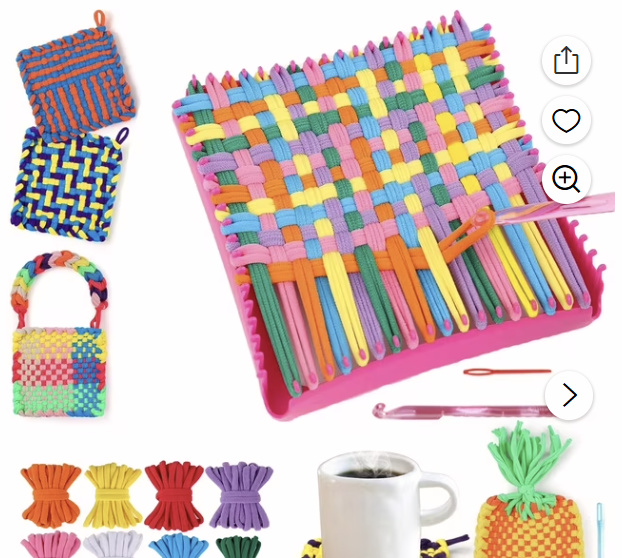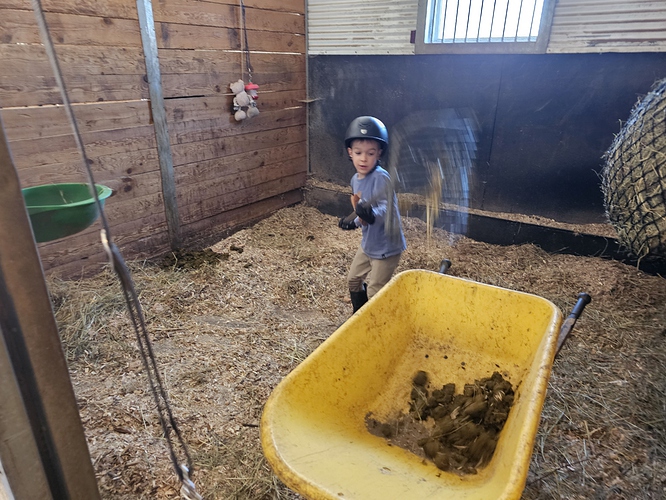Do you have any sources on that? I ask because my BFF is convinced that I am at least mildly neurodivergent, she suspects ADHD, and she does have enough personal and professional knowledge in the field that I would not be surprised if she’s right. But also until recently, I have been functional enough.
But if you have any sources about autistic girls hyperfocusing on horses, I will 100% send that to her and she will be delighted to read it, even though ADHD and autism are very different (though sometimes occur together).
And honestly, again, I wouldn’t be surprised.

 )
)


